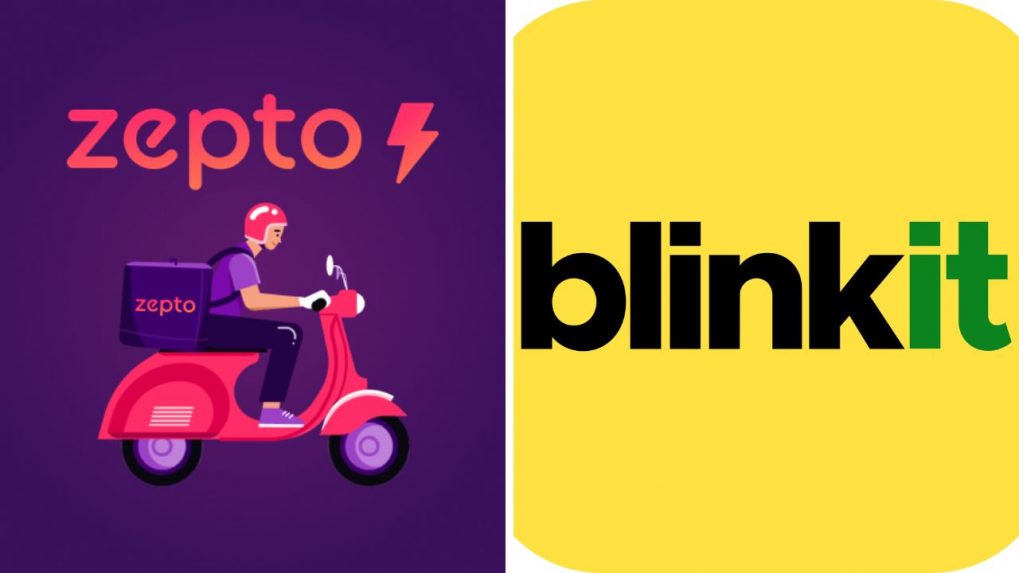Brand Makers
Dil Ka Jod Hai, Tootega Nahin

The Food Safety and Standards Authority of India (FSSAI) has escalated surprise visits and audits at quick commerce platforms. In some cases, direct-to-consumer (D2C) food brands are also being checked, claims an ET report.
These audits come after multiple instances were raised regarding hygiene lapses by these platforms including Blinkit and Zepto.
According to the regulatory frameworks by FSSAI, which also added regulations for the e-commerce industry in 2020, the basic checks required at these dark stores are related to the separation of food and non-food products, maintaining hygienic practices in transportation, handling and storage, maintaining products in their recommended storage conditions, ensuring products have adequate self-life at the time of sale, having trained manpower for food handling etc.
These are all well-defined in FSSAI rules, but have been ignored by Indian q-comm companie on multiple occasions.
Storyboard18 earlier reported how neglecting operational standards by these platforms can be detrimental, denting consumer trust and brand value.
Read more: Dark side of dark stores: Q-comm brands like Blinkit, Zepto are quickly losing consumer trust
Zomato-owned Blinkit recently faced heat and backlash on social media when the Commission of Food Safety in Telangana raided its warehouse and found the premises ‘very disorganised and unhygienic’. The Commission reported a lack of basic hygiene protocols, an absence of Food Safety Training and Certification (FoSTaC) and medical fitness certificates of food handlers and found infested and expired food items. Just a week later, a disturbing incident took place in Mumbai where a customer discovered a human thumb in their Zepto ice cream order, further adding to greater public scrutiny against q-commerce platforms. In another incident in February, a Zepto customer had flagged that he found worms in oranges he ordered from the platform. And more recently, a consumer claimed she found a dead mouse in a bottle of Hershey's syrup that she ordered off Zepto.
However, given the recent and ramped-up raids by FSSAI, quick-commerce platforms are being more cautious regarding hygiene practices and also in adding small-scale new-age brands to their platforms.
These incidents come at a time when quick commerce in the country has managed to create a big share in a post-pandemic world and is currently valued at around $2.8 billion. Blinkit currently commands a substantial 45 percent market share, followed by Instamart at 27 percent and Zepto at 21 percent.
"The raucous, almost deafening, cuss words from the heartland that Piyush Pandey used with gay abandon turned things upside down in the old world order."
Read MoreFrom OpenAI’s ChatGPT-powered Atlas to Microsoft’s Copilot-enabled Edge, a new generation of AI-first browsers is transforming how people search, surf and interact online — and reshaping the future of digital advertising.